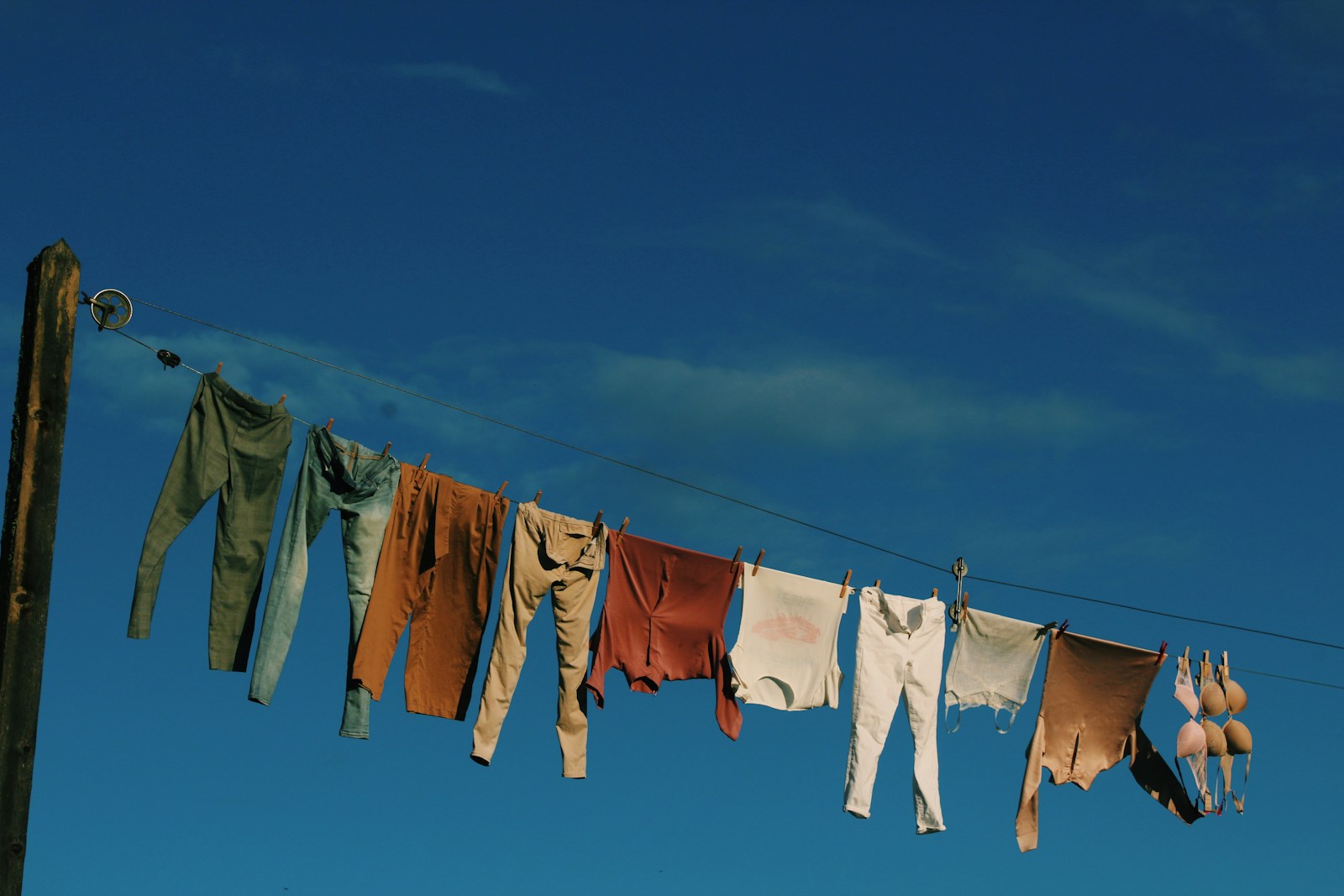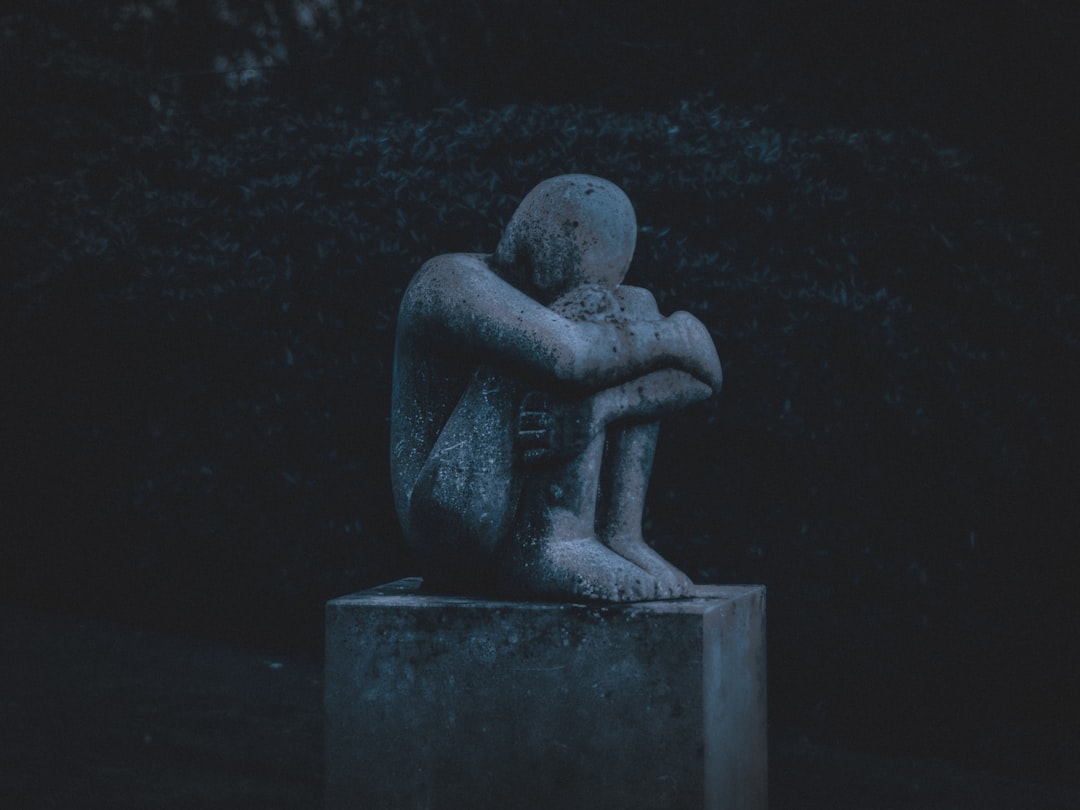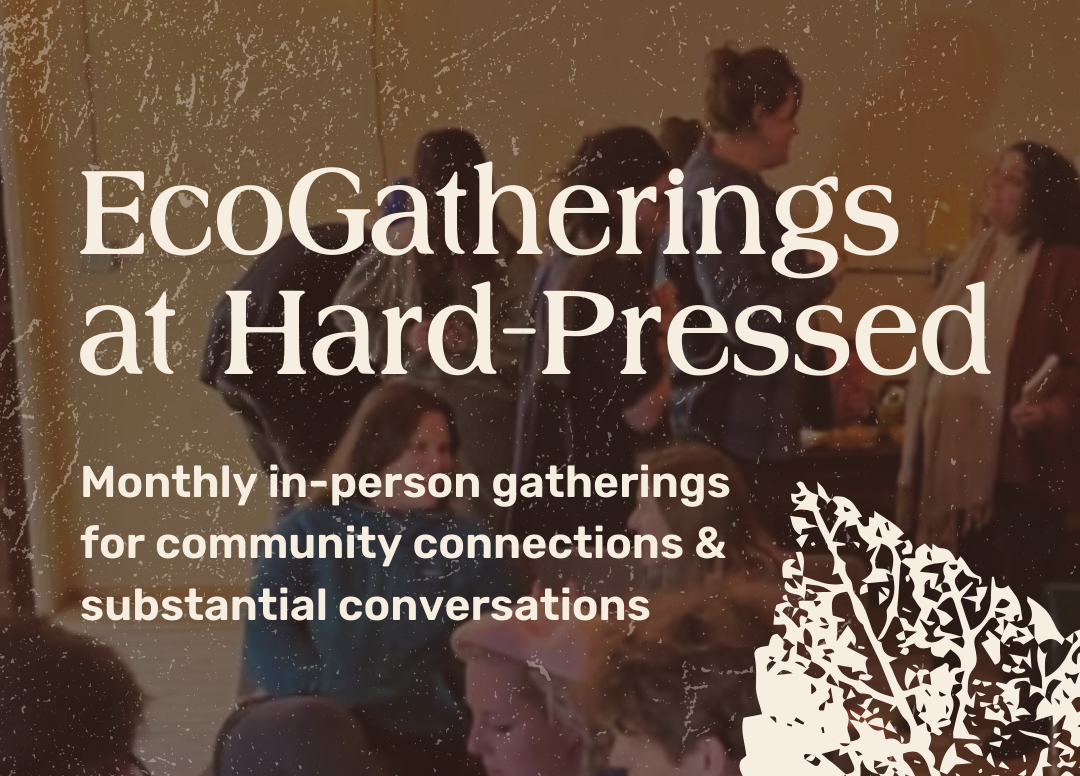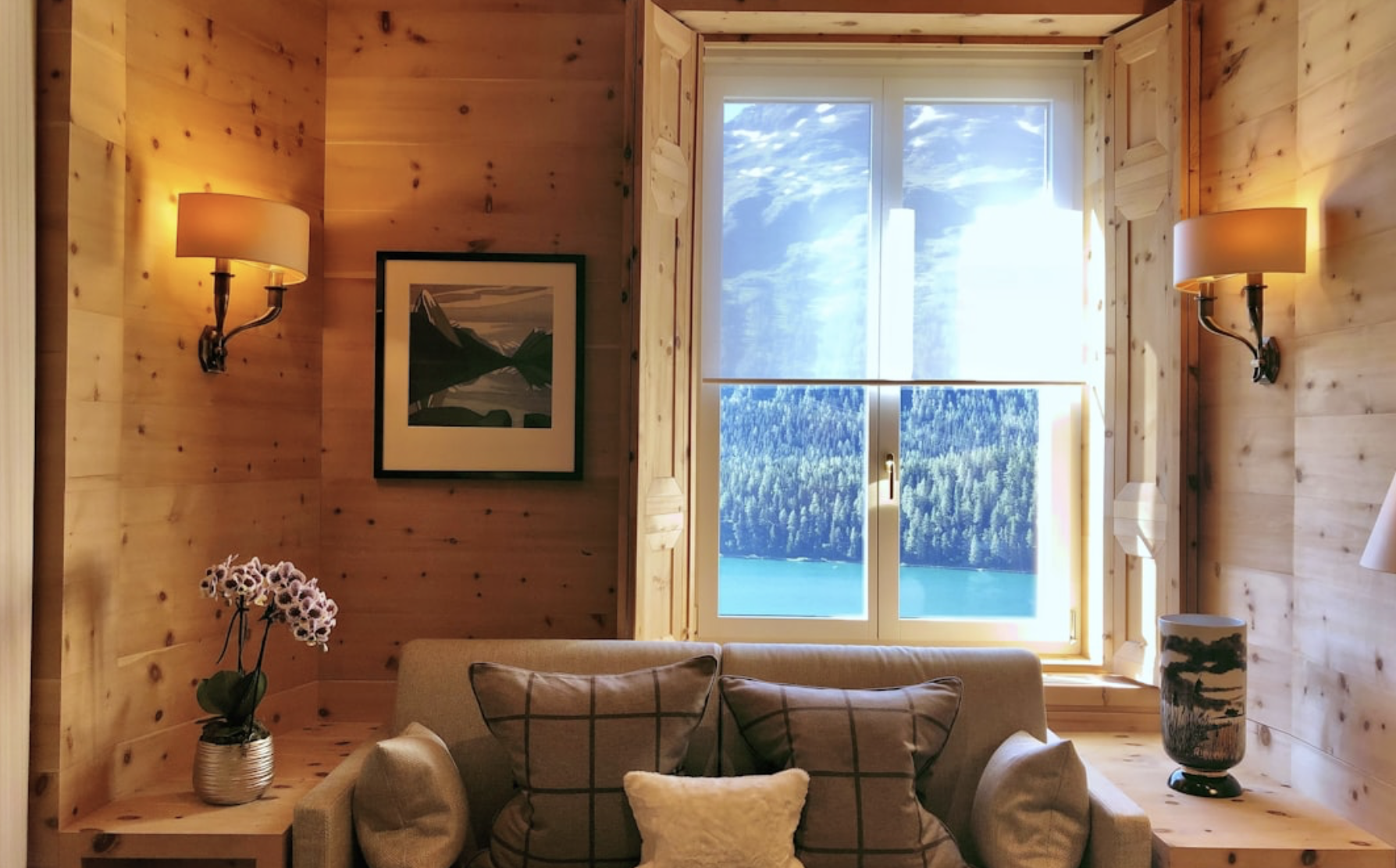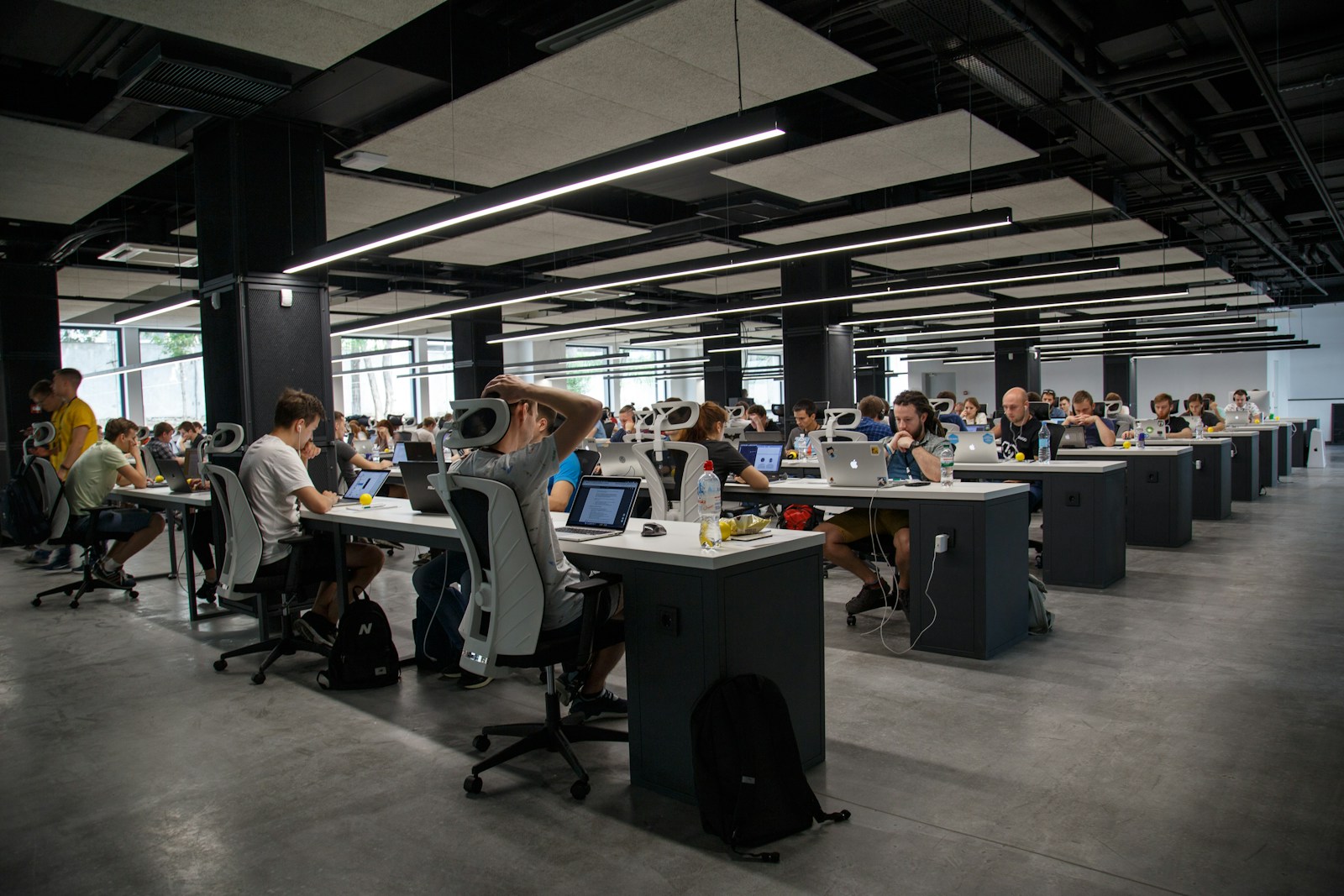
Make Work
In a time of crisis, there is so much work to do. Most of us exist in a state of alienation that amounts to having two full time jobs - the work for wages and the work for ourselves, leaving little left for (the work of) pursuing passions and participating in community. To add insult to injury, as many wage-labor jobs have been automated or accelerated by technology, there has been an increase in the amount of work we are doing that is decidedly not necessary. There is so much important work that isn't being done or isn't properly compensated because it is not profitable to capital. Folks are too overworked to have the time and energy to do it. Rather than redistributing the work that is essential to more people and reducing our working hours, or mobilizing around the many existential crises we face, we have all continued to work faster and longer to meet our needs and eke out some semblance of individual security in an uncertain world.
Why do are we doing so much unnecessary work? In part because it generates profit for someone, somewhere. In part, because few places have pro-social systems of wealth distribution or even adequate social safety nets. And in part because an un- or under-employed populous lacks the money to generate more economic activity as consumers. (So even as essential work is made more efficient, workers aren't given their time back, they are compelled to work increasingly less necessary jobs that grow the economy.)
In the words of David Fleming " are conditioned by the market economy; have to be competitive, and cannot forgo an immediate advantage from which would individually benefit in favor of a future (and larger) advantage from which everyone would benefit." In this EcoGathering, we will explore the many ways we continue to be exploited and alienated from our labor, as well as how we might recreate a culture that would allow us to slow down, and actually get the important work done.

